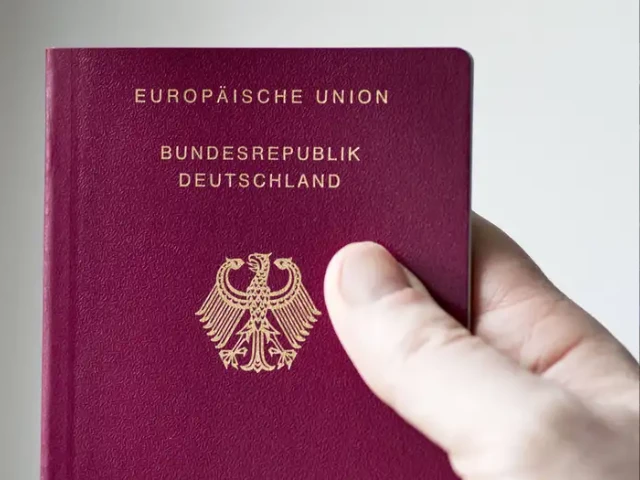Germany to scrap 3-year fast-track citizenship immigration path under new coalition
The agreement maintains access while removing a controversial fast-track route.

Germany’s incoming government will abolish a fast-track citizenship path that allowed naturalisation after just three years for well-integrated immigrants, according to a coalition agreement published this week.
The deal, reached between the conservative Christian Democratic Union (CDU)/Christian Social Union (CSU) alliance and the centre-left Social Democratic Party (SPD), removes a key feature of last year’s naturalisation reform.
Introduced in June 2024 by the outgoing SPD-led coalition, the expedited three-year path required applicants to demonstrate advanced C1-level German and strong integration indicators such as community service or academic excellence.
Critics within the CDU and CSU had labelled the route “turbo” naturalisation and argued that three years of residency was insufficient for full integration.
While the fast-track path will be removed, the standard five-year route to citizenship will remain.
This requires applicants to hold an intermediate B1-level of German and continuous residency in the country.
Dual citizenship, a controversial topic in Germany’s immigration debate, will also be preserved.
Prior to the 2024 reform, dual nationality with non-EU countries was largely prohibited. The change has seen a spike in applications, particularly among Germany’s large Turkish population.
CDU leader and likely next Chancellor Friedrich Merz had voiced scepticism about dual citizenship but agreed to retain the policy as part of the coalition negotiations with the SPD.
The coalition also ruled out revoking citizenship from naturalised dual nationals who support extremist ideologies.
The CDU/CSU had previously floated the idea, prompting criticism from the SPD and migrant associations. Instead, the new government will explore legal options to expel non-citizens who threaten Germany’s democratic order.
























COMMENTS
Comments are moderated and generally will be posted if they are on-topic and not abusive.
For more information, please see our Comments FAQ